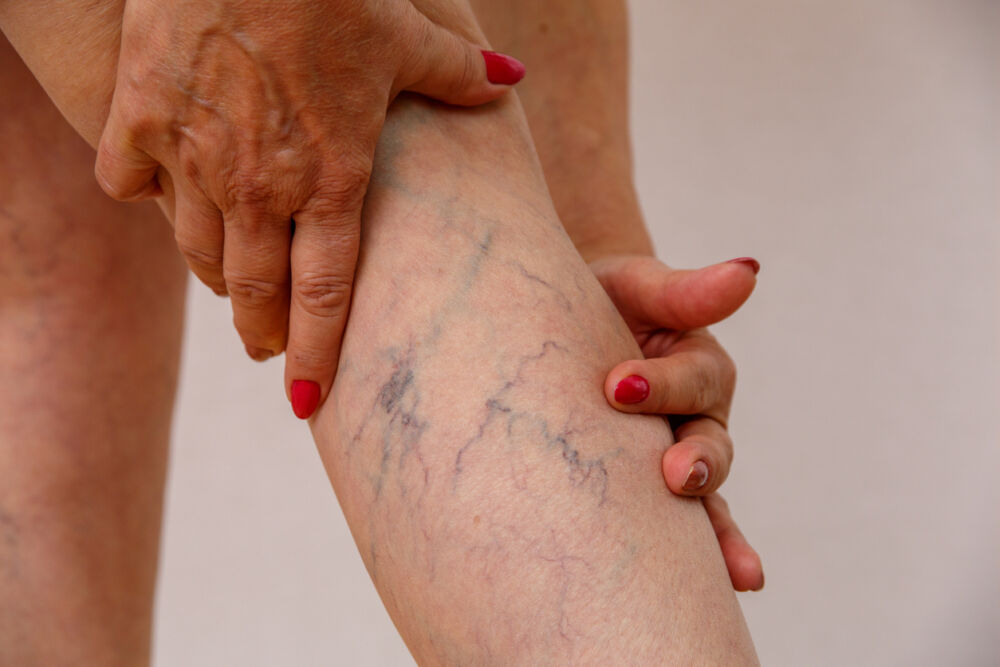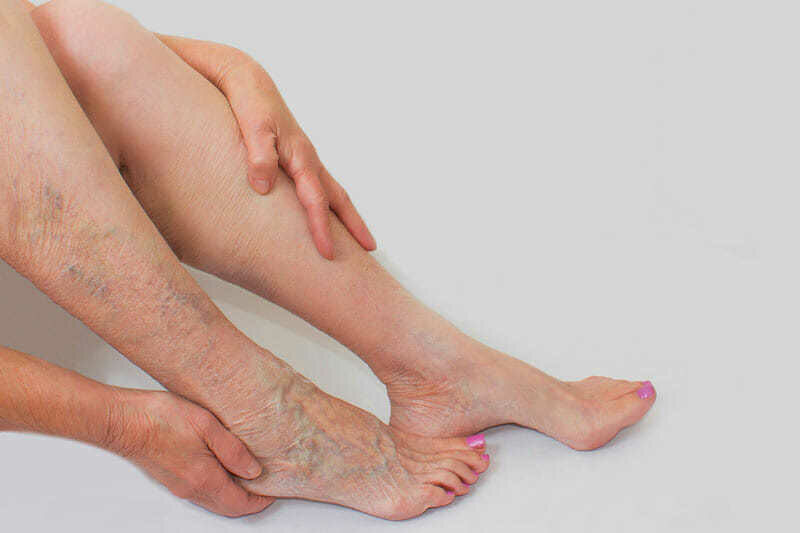Your venous and arterial systems both play critical roles in moving blood through your body, but does the health of one affect the other?
There are many reasons why a person may start to worry when they see dark, bulging, sometimes painful varicose veins appearing under their skin. From cosmetic concerns to fears about the broader implications of poor vein health, there are many health-related considerations for those suffering from varicose veins. The good news is that you don’t have to worry about the relationship between your varicose veins and your heart health, particularly in connection to heart disease.
One of the most commonly asked questions among people with varicose veins is whether poor vein health is related to heart disease. The answer to it is a resounding no, but the confusion around the subject is very understandable. After all, both varicose veins and heart disease are associated with the movement of blood through the body.
Learn why you don’t have to worry about the relationship between your varicose veins and your heart health — and get some tips on preventing and treating painful, swollen varicose veins.
What Are Varicose Veins?
Varicose veins are the twisted blue bulges that appear under your skin (usually on the legs and occasionally on the arms). They occur when the valves that keep blood flowing back up to your heart weaken. Those one-way valves are designed to prevent blood from pooling, but genetics and other reasons can cause them to become weak and no longer perform this important function. When that happens, the blood can pool, increasing the pressure within the veins and leading to bulging varicose veins.
Symptoms of varicose veins include:
Aching or feelings of heaviness in the legs
Swollen feet and ankles
Throbbing or burning in the legs
Itchiness around the vein
Bleeding from the vein
Pronounced pain in the legs after long periods of sitting or standing
Cramping in the legs, particularly at night
Understanding Heart Health and Arteries
Luckily poor circulation in your legs doesn’t necessarily indicate poor heart health. In fact, there is no link whatsoever between varicose veins and heart health. That’s because your heart health is related to arteries, while varicose veins are (unsurprisingly) connected to vein health.
Heart disease and arterial disease, which are closely related, which are closely related, have several common symptoms that differ significantly from varicose veins. They include:
High blood pressure
Heart attack
Stroke
Angina, which are heart pains caused by the heart not receiving sufficient oxygen from the blood
Aneurysm, which are caused when blood starts bulging within an artery
Gangrene
The Difference Between Arteries and Veins
Arteries and veins are both blood vessels that move blood throughout your body. However, the two perform different jobs and are, in fact, part of other body systems. Your arteries bring oxygen-rich blood from the heart down to the toes while your veins return the oxygen-poor blood back up to the heart. That means heart disease and poor circulation are related to the arterial system, which completes the first part of this journey, whereas varicose veins are related to the venous system, which completes the second part. That distinction means that poor vein health does not affect arterial health and vice versa.
Treating Varicose Veins
The best treatment for varicose veins is preventing their development in the first place. The best prevention methods are simple lifestyle changes, including increasing your movement and avoiding sitting or standing for long periods of time, elevating the legs, investing in compression stockings, reducing your salt intake, increasing your fiber intake, and avoiding tight clothing around the legs and waist. All of this can help keep the valves from weakening and prevent blood from pooling.
If you develop varicose veins, getting rid of them is best performed by a vein specialist. Unfortunately, the many home remedies touted across the internet will do little to reduce the appearance of your veins, and they certainly will do nothing to be rid of them once and for all.
The only real way to treat your varicose veins is with a simple in-office procedure. These modern techniques — including sclerotherapy, Venaseal, and ClariVein — are quick and minimally invasive. They leave you free to walk right out after the procedure to resume your everyday activities, but without those visible, painful veins!
If you want state-of-the-art treatment for your varicose veins, look no further than Center for Vein Restoration. As America’s largest physician-led vein center, we have the expertise to get you feeling your best as quickly and as painlessly as possible. Request a consultation online or call us at 240-965-3915 to treat your varicose veins today!

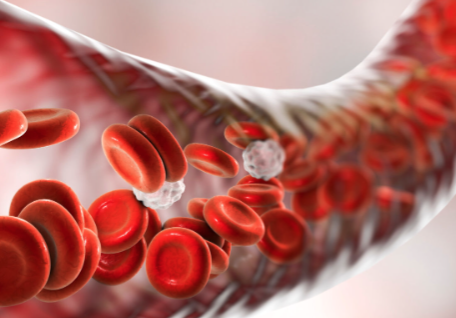 About Vein Disease
About Vein Disease
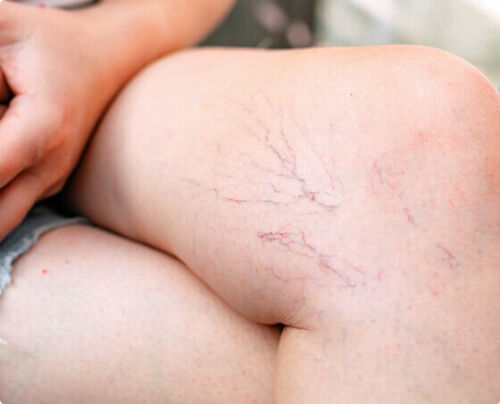 Spider Veins
Spider Veins
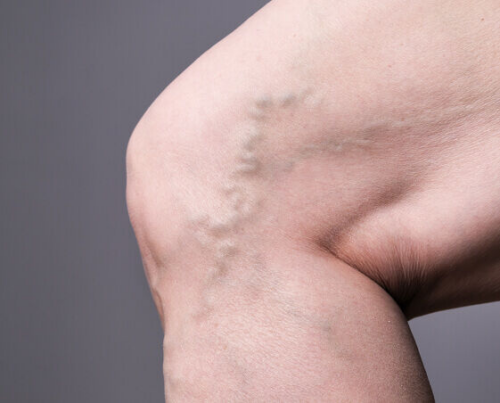 Varicose Veins
Varicose Veins
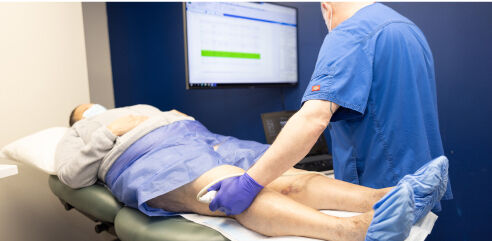 Vein Disease Treatments
Vein Disease Treatments
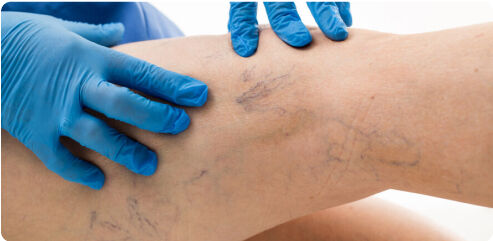 Treating Spider Veins
Treating Spider Veins
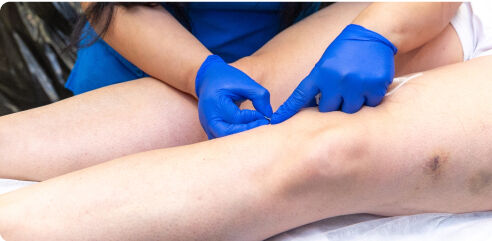 Treating Varicose Veins
Treating Varicose Veins
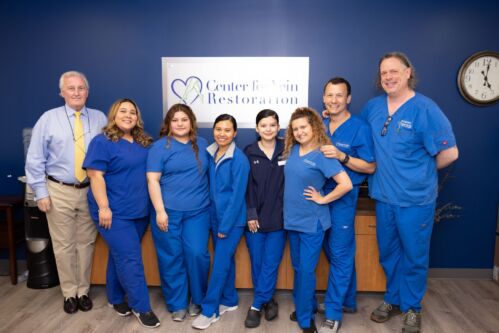 About Us
About Us
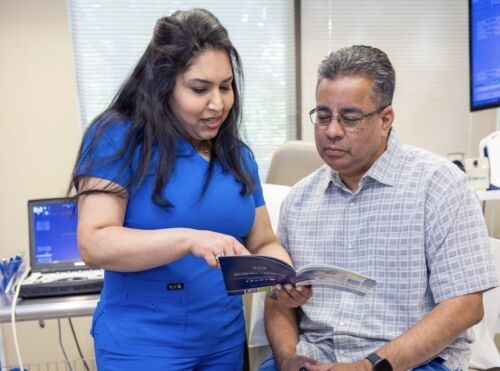 Patient Resources
Patient Resources
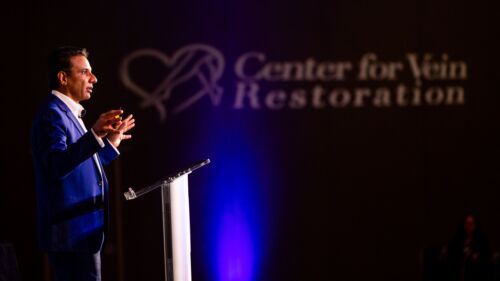 Physician Resources
Physician Resources

